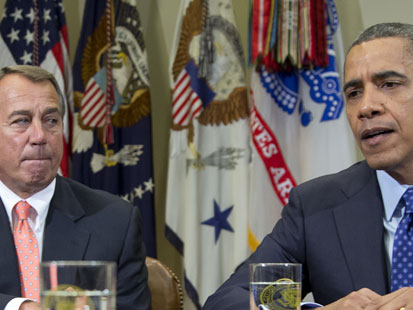KOSHU, Japan: At least seven people were trapped inside a highway tunnel in Japan after it collapsed on Sunday, setting a car ablaze and raising fears of another cave-in that forced a halt to rescue efforts.
Two vehicles were crushed in the original collapse and one other was set ablaze when large concrete ceiling panels fell in inside one of Japan's longest motorway tunnels at nearly five kilometres long.
A comprehensive rescue effort was launched but more than five hours after the incident, workers pulled out of the tunnel because of concerns that more of the roof might collapse, a fire official told AFP.
The cave-in happened on Tokyo-bound lanes of the Sasago tunnel on the Chuo Expressway, 80 kilometres (50 miles) west of the capital, at around 8:00 am (2300 GMT Saturday), an official at the expressway traffic police said.
"Concrete ceiling panels, 20 centimetres (8 inches) thick, collapsed over 50-60 metres (yards)," an official from the East Yamanashi Fire Department told AFP by telephone.
"At least two vehicles were trapped under the debris. Another, a light vehicle, caught fire but the fire was under control, meaning almost extinguished, as of 11:00 am (0200 GMT)," he said.
NHK footage from inside the tunnel showed a white ambulance and several firefighters wearing protective gear, working in a section shrouded in smoke. A number of cars with their lights flashing were also seen.
"According to information from local fire authorities, seven people are missing but the number has not been confirmed," an official at the government's Fire and Disaster Management Agency told AFP.
The fire department official said emergency crews had pulled out of the tunnel shortly before 1:00 pm "due to the possibility of a secondary collapse".
A 28-year-old woman was taken to hospital by ambulance after she emerged from the tunnel by herself, a traffic police official said.
The woman told the fire rescue unit she had been travelling in a rented van with five other people, fire department official Kazuya Tezuka told AFP by telephone.
"I have no idea about what happened to the five others. I don't know how many vehicles were ahead and behind ours," she was quoted as saying.
The tunnel, which passes through hills not far from Mount Fuji, is one of the longest in Japan at 4.7-kilometres (three miles) long, according to the highway operator, and sits on a major road connecting Tokyo with the centre and west of the country.
One of the fire department officials told AFP that emergency workers had taken two women to hospital.
"Both were conscious. One of them, 28, suffered injuries to the head, face and and both hands. The other, 37, suffered bruising," he said.
"A truck driver inside the tunnel called a colleague for help. So he appeared to be trapped in his vehicle. An ambulance is on its way to him," he added.
A reporter for NHK said he happened to be driving through the tunnel on his way to Tokyo when it started to disintegrate.
"I managed to drive through the tunnel but vehicles nearby appeared to have been trapped," he said. "Black smoke was coming and there seemed to be a fire inside the tunnel."
Thick smoke inside the tunnel had hampered rescuers' attempts to reach the caved-in point, two kilometres (one mile) from the Tokyo-side exit, the fire department's Tezuka said.
Aerial footage on NHK showed several red trucks from the local fire department waiting outside the Tokyo side of the tunnel.
Dozens of people were seen waiting at an expressway bus stop just outside the exit. They were believed to have exited from the tunnel, NHK said.
A man in his 30s, who was just 50 metres (yards) ahead of the caved-in spot when the incident happened, recounted details of the terrifying experience.
"A concrete part of the ceiling fell off all of a sudden when I was driving inside. I saw a fire coming from a crushed car. I was so frightened I got out of my car right away and walked one hour to get outside," he told NHK.
"The traffic was not so heavy," he added.
A stream of people was seen coming out of the other exit after abandoning their vehicles in the tunnel, the broadcaster said.
- AFP/xq










